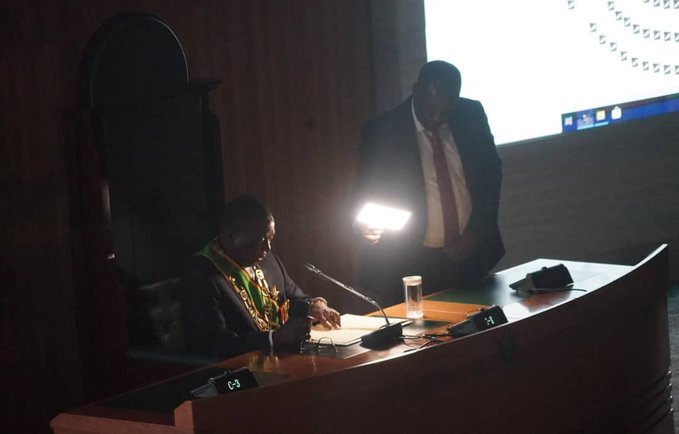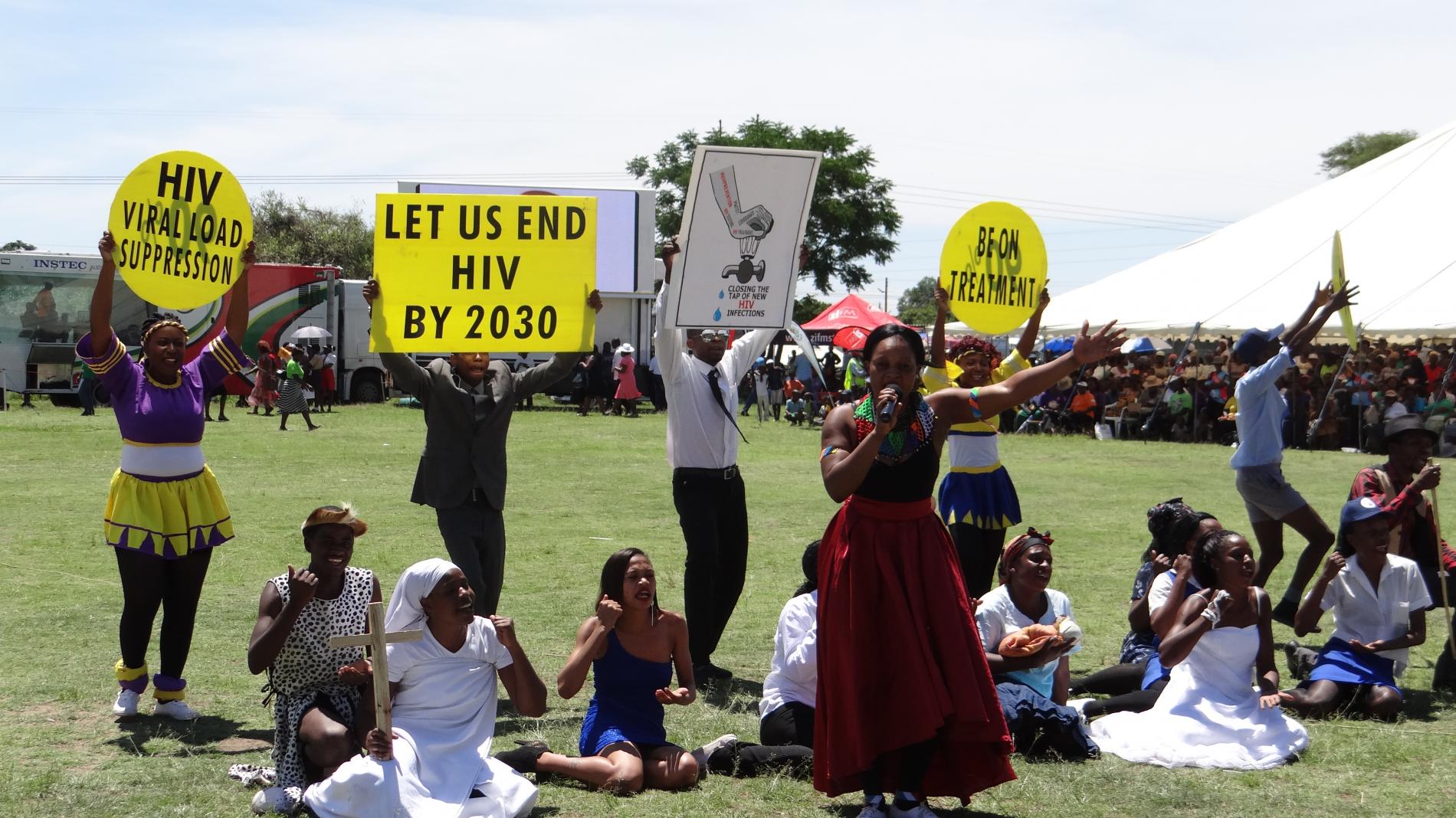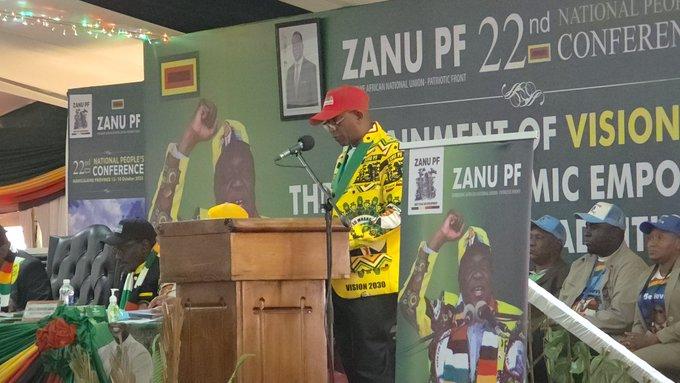Zimbabwe has transformed into a full-fledged surveillance state where citizens' privacy is being systematically invaded through sophisticated spying technologies, according to a new report by Intelwatch, an international intelligence oversight organisation.
The report, titled "Zimbabwe's Surveillance State: Facilitating an Omnipresent Tyranny," paints a grim picture of growing state intrusion into the lives of ordinary Zimbabweans, alleging that government institutions have weaponised surveillance in ways that threaten democracy, freedom of expression, and human rights.
Intelwatch - an independent research and advocacy body established in 2022 in South Africa - works to strengthen public oversight of state and private intelligence agencies across southern Africa and beyond. The organisation draws from a network of investigative journalists, researchers, and human rights activists, and builds on over a decade of research into surveillance and online rights conducted through the Media Policy and Democracy Project.
According to the report, surveillance in Zimbabwe has reached "Orwellian levels" despite clear constitutional guarantees protecting citizens' right to privacy.
"In terms of the constitution, no one, including the state, has the authority to invade a person's private space or access their communications without due process. However, the state routinely contradicts these constitutional provisions, leading to regular violations of privacy and other individual rights under the guise of law enforcement," the report said.
Intelwatch claims the Mnangagwa administration has modernised and expanded Zimbabwe's surveillance apparatus through four key mechanisms - the adoption of Chinese surveillance technologies, the strengthening of data collection and interception laws, the militarisation of intelligence operations across civilian sectors, and the politicisation of regulatory agencies such as the Postal and Telecommunications Regulatory Authority of Zimbabwe (POTRAZ).
"These mechanisms have transformed POTRAZ and similar bodies from neutral oversight entities into instruments of state control," the report stated.
It added that Zimbabwe's democratic space has steadily shrunk since independence in 1980, with the pace of contraction accelerating under President Mnangagwa's rule.
"The expansion of the state's surveillance architecture now targets ruling party officials, opposition politicians, journalists, civil society activists, and ordinary citizens," Intelwatch noted. "Surveillance has evolved from being a reactive, ad hoc tool of crisis management to a pre-emptive and central pillar of state governance."
The report said that after the 2017 ouster of the late former president Robert Mugabe, the Mnangagwa government took surveillance to new heights by integrating digital technologies, biometric data systems, and real-time monitoring tools into governance and elections.
"While Mugabe built the scaffolding of authoritarian control, Mnangagwa engineered a technologically enhanced surveillance apparatus that monitors, anticipates, and neutralises threats in real-time," it said.
Intelwatch further alleged that surveillance activities have paved the way for human rights violations, including arbitrary arrests, abductions, torture, and extrajudicial killings.
"Surveillance often precedes and enables repression," the report said. "It has facilitated arbitrary arrests, abductions, torture, enforced disappearances, and extrajudicial killings, illustrating the systemic entanglement of intelligence gathering with coercive state violence."
The organisation said the widespread monitoring of citizens has instilled a climate of fear and mistrust, forcing many into silence or self-censorship.
"Pervasive surveillance has produced chilling effects across civic life - reduced participation in democratic and civic spaces, self-censorship by journalists, and a decline in investigative reporting," it added.
Intelwatch said survivors of state-sponsored spying and subsequent brutality have reported trauma, paranoia, and lasting psychological damage.
"Several survivors of state surveillance and brutality report enduring trauma, paranoia, and mistrust, underscoring the long-term psychosocial effects of authoritarian surveillance. Many others remain too fearful or traumatised to share their experiences," the report concluded.
The findings come amid growing concern from human rights organisations about the shrinking democratic space in Zimbabwe, with critics accusing the government of using technology not for national security - but for political control.
- The Standard
 Zimbabwe announces strict enforcement of axle load limits
Zimbabwe announces strict enforcement of axle load limits  SA decry 'non-existent' Beitbridge border post security
SA decry 'non-existent' Beitbridge border post security  Millions celebrate Diwali festival in India
Millions celebrate Diwali festival in India  Zimbabwe's dollar stock exchange surges 45%
Zimbabwe's dollar stock exchange surges 45%  Gold edges up as traders await guidance
Gold edges up as traders await guidance  Karo Platinum Project capex rises to US$546m
Karo Platinum Project capex rises to US$546m  Young Investment Professional (YIP) Graduate Programme 2019
Young Investment Professional (YIP) Graduate Programme 2019 









 Young Investment Professional (YIP) Graduate Programme 2019
Young Investment Professional (YIP) Graduate Programme 2019
Editor's Pick